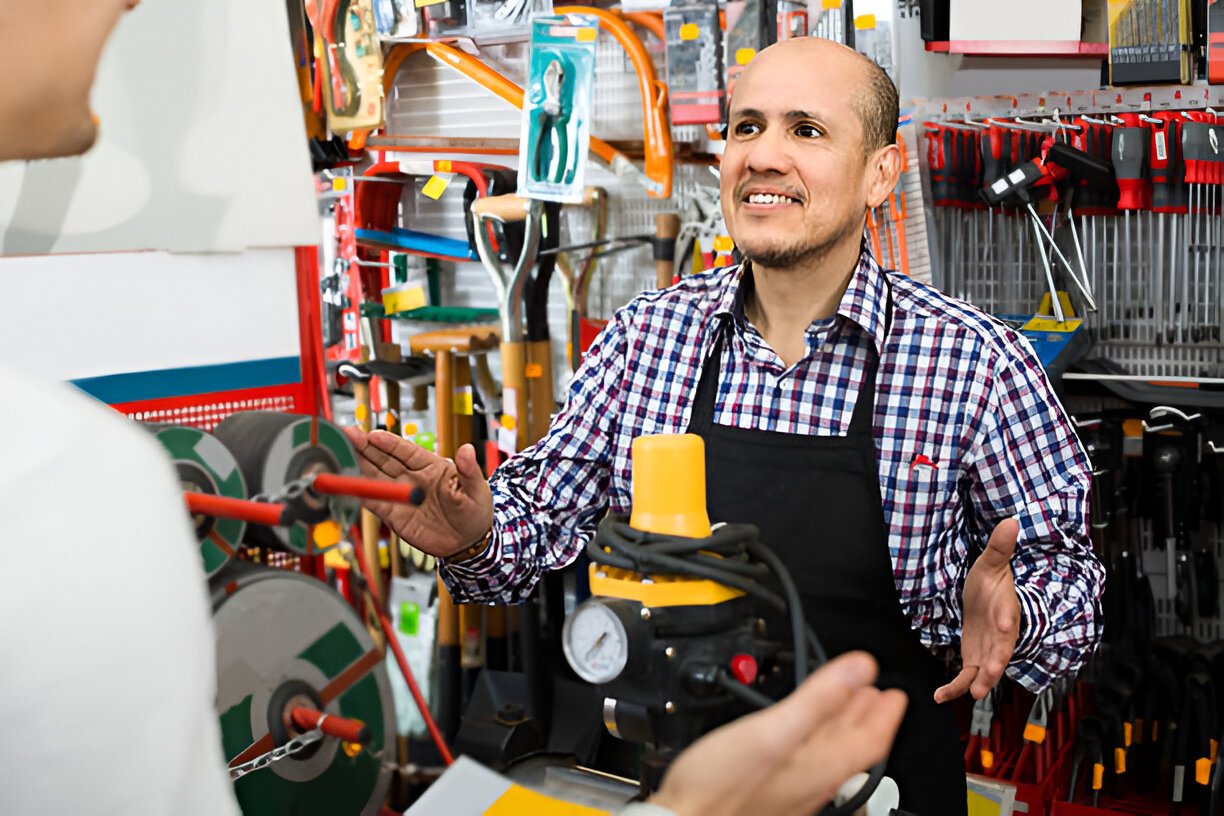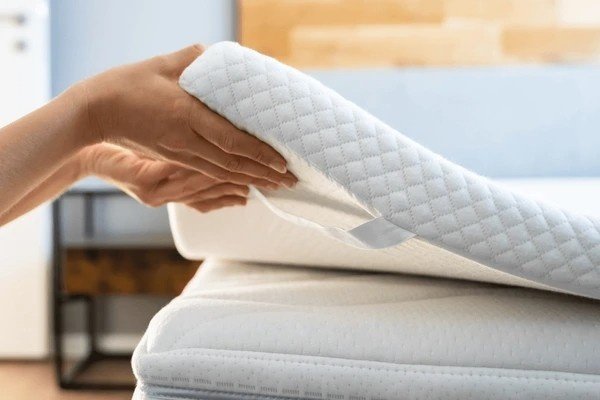When it comes to cleaning the exterior of your home, few tools are as effective as a pressure washer. Whether you’re tackling a dirty driveway, a weathered deck, or grimy siding, a pressure washer can make quick work of tough stains and build-up. In this guide, I’ll walk you through the key factors to consider when buying a pressure washer for home use. By the end, you’ll have a clear understanding of what you need and why.
Table of Contents
Understanding Pressure Washers
Before diving into the details, let’s start with the basics. A pressure washer uses a motor or engine to power a pump, which accelerates water through a narrow nozzle. The result is a high-pressure stream of water that can remove dirt, mold, algae, and other debris from surfaces. Pressure washers are measured by three key metrics:
- PSI (Pounds per Square Inch): This measures the water pressure. Higher PSI means more force to tackle tougher stains.
- GPM (Gallons per Minute): This indicates the water flow rate. A higher GPM can rinse away debris more quickly.
- CU (Cleaning Units): Calculated by multiplying PSI by GPM, this gives you an overall idea of the machine’s cleaning power.
Types of Pressure Washers
Pressure washers come in various types, and the right choice depends on your specific needs. Here are the primary categories:
Electric Pressure Washers
Electric models are ideal for light to medium-duty tasks. They’re quieter, easier to maintain, and more affordable than gas-powered options. However, they’re less powerful and require access to an electrical outlet.
Pros:
- Lightweight and portable
- Lower maintenance costs
- Suitable for small to medium tasks
Cons:
- Limited mobility
- Less powerful than gas models
Gas Pressure Washers
Gas-powered pressure washers are better suited for heavy-duty tasks. They deliver higher PSI and GPM, making them ideal for cleaning large areas or tough stains. However, they’re louder, heavier, and require regular maintenance.
Pros:
- More powerful
- Greater mobility
- Suitable for large-scale projects
Cons:
- Higher initial cost
- Requires fuel and maintenance
Hot Water Pressure Washers
Hot water models are specialized machines used for grease and oil stains. They’re typically found in commercial settings but can be beneficial for home users dealing with specific challenges.
Pros:
- Excellent for grease removal
- More efficient cleaning
Cons:
- Expensive and bulky
- Higher energy consumption
Key Features to Look For
Power Source
Choose between electric and gas-powered models based on your needs. Electric is sufficient for most home use, but gas might be necessary for larger properties or stubborn stains.
Adjustable Pressure Settings
Many pressure washers allow you to adjust the pressure, which is crucial for cleaning different surfaces. For example, a high PSI might damage delicate surfaces like wood.
Nozzle Options
Pressure washers often come with interchangeable nozzles, each designed for specific tasks:
- 0°: A pinpoint jet for stubborn stains
- 15°: Narrow fan for heavy-duty cleaning
- 25°: Medium fan for general cleaning
- 40°: Wide fan for gentle cleaning
- Soap Nozzle: For applying detergents
Hose Length and Material
A longer hose provides more reach, reducing the need to move the machine. Look for hoses made of durable materials like polyurethane or rubber.
Portability
If you need to move the pressure washer frequently, consider the weight and wheel design. Compact, lightweight models with sturdy wheels are easier to maneuver.
Additional Accessories
Some models come with extra features like detergent tanks, surface cleaners, or extension wands. These can enhance your cleaning experience and efficiency.
Comparing Popular Models
To help you make an informed decision, here’s a comparison of some popular pressure washers:
| Model | Type | PSI | GPM | Weight (lbs) | Price Range ($) | Key Features |
|---|---|---|---|---|---|---|
| Sun Joe SPX3000 | Electric | 2030 | 1.76 | 31 | 150-200 | Dual detergent tanks, 5 nozzles |
| Simpson MSH3125 | Gas | 3200 | 2.5 | 65 | 400-500 | Honda engine, durable frame |
| Greenworks GPW1501 | Electric | 1500 | 1.2 | 17 | 100-150 | Compact design, budget-friendly |
| Generac 7019 OneWash | Gas | 3100 | 2.4 | 63 | 400-450 | Adjustable pressure settings |
| Karcher K5 Premium | Electric | 2000 | 1.4 | 32 | 250-300 | Water-cooled motor, hose reel |
Safety Tips
Using a pressure washer can be hazardous if not handled properly. Here are some safety tips:
- Wear Protective Gear: Use safety goggles, gloves, and sturdy footwear.
- Check Connections: Ensure all hoses and fittings are secure before starting.
- Avoid Electrical Hazards: Keep electrical models away from water puddles and ensure proper grounding.
- Test on a Small Area: Test the pressure on an inconspicuous spot to avoid damage.
- Keep a Safe Distance: Maintain at least 6-12 inches from the surface to prevent damage.
Maintenance and Care
Proper maintenance ensures your pressure washer performs optimally for years. Here are some tips:
- Flush the System: After each use, flush the system with clean water to remove debris.
- Check the Oil (Gas Models): Regularly check and change the oil as needed.
- Inspect Hoses and Nozzles: Look for cracks or clogs and replace damaged parts.
- Store Properly: Store the pressure washer in a dry place and protect it from freezing temperatures.
Common Questions
What size pressure washer do I need for home use?
For most home tasks, a unit with 2000-3000 PSI and 1.5-2.5 GPM is sufficient. Higher power is only needed for heavy-duty cleaning.
Can I use detergent with my pressure washer?
Yes, most pressure washers have a detergent tank or a siphon tube for adding cleaning solutions. Use only detergents designed for pressure washers.
Are pressure washers environmentally friendly?
While pressure washers use water, they’re often more efficient than manual cleaning methods, which can save water in the long run.
Final Thoughts
Buying the best pressure washer for home use comes down to understanding your cleaning needs and matching them with the right features. Whether you need a lightweight electric model for occasional use or a powerful gas unit for heavy-duty cleaning, the right pressure washer can make your tasks easier and more efficient. Take your time, consider your options, and choose wisely. With the right machine, you’ll save time and effort while keeping your home looking its best.





